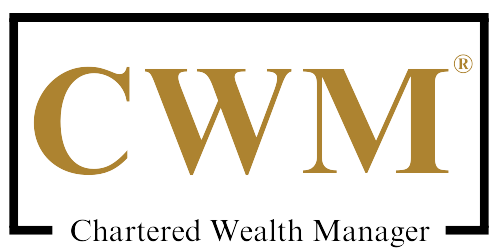
Competency Framework for Chartered Wealth Managers (CWM®)
The Competency Framework for Chartered Wealth Managers (CWM®) serves as a guiding framework that outlines the essential skills, knowledge areas, and attributes required for professionals to excel in the field of wealth management. Developed in alignment with industry standards and best practices, the Competency Framework provides a comprehensive roadmap for aspiring and practicing Chartered Wealth Managers to enhance their capabilities and meet the evolving needs of clients and the financial industry.
Key Components of the Competency Framework:
Technical Skills:
- Mastery of investment principles, portfolio management techniques, risk assessment, and financial analysis.
- Proficiency in estate planning, taxation, retirement planning, and other specialized areas of wealth management.
- Ability to utilize financial tools, software, and technologies effectively to analyze data, manage portfolios, and make informed decisions.
Client Relationship Management:
- Effective communication and interpersonal skills to build strong relationships with clients.
- Active listening and empathy to understand clients’ financial goals, preferences, and risk tolerance.
- Ability to tailor financial solutions and strategies to meet the unique needs and objectives of individual clients.
Ethical Conduct and Professionalism:
- Adherence to high ethical standards and principles of integrity, transparency, and confidentiality.
- Commitment to fiduciary duty and acting in the best interests of clients at all times.
- Ability to navigate ethical dilemmas and conflicts of interest with integrity and professionalism.
Regulatory Compliance and Risk Management:
- Knowledge of relevant laws, regulations, and compliance requirements governing wealth management practice.
- Implementation of robust risk management practices to mitigate financial risks and ensure regulatory compliance.
- Awareness of emerging regulatory trends and changes impacting the financial industry.
Continuous Learning and Development:
- Commitment to ongoing professional development and lifelong learning.
- Engagement in continuous education, training, and skills enhancement to stay abreast of industry trends and best practices.
- Pursuit of relevant certifications, designations, and credentials to expand expertise and credibility in the field.
